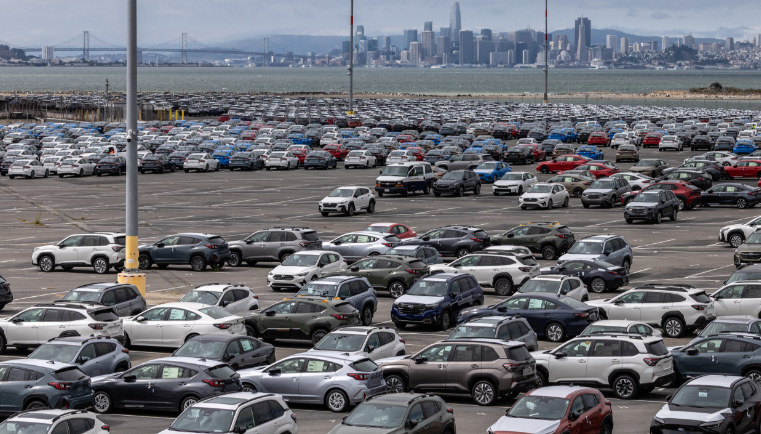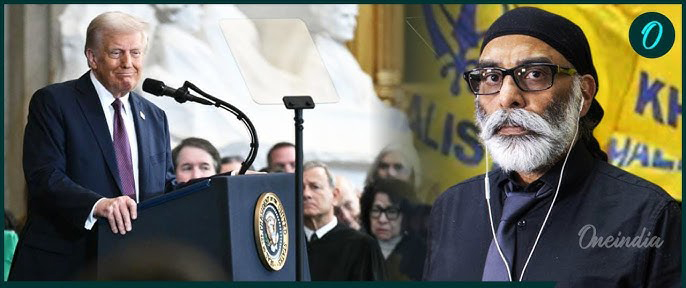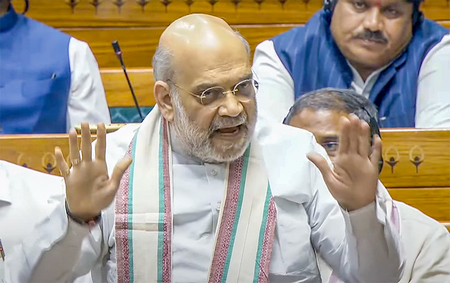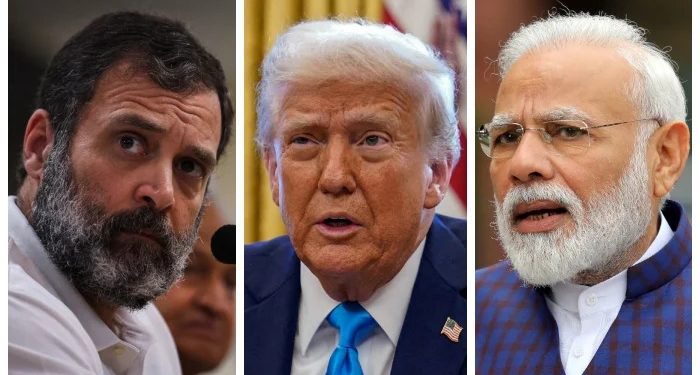WORLD NEWS

Powerhouse Asian economies Japan and South Korea have launched urgent diplomatic efforts to soften the impact of new U.S. tariffs announced by President Donald Trump, set to take effect from August 1. The White House plans to impose duties of 25% to 40% on imports from 14 countries — a dramatic escalation in Trump's ongoing trade war.
Countries including Japan, South Korea, Indonesia, Bangladesh, Cambodia, and several African and European nations are now racing against the clock to secure exemptions or concessions.
🚗 Japan: Seeking Relief for Auto Sector, Holding Line on Agriculture
Japan, a key U.S. ally, is particularly alarmed by the potential blow to its critical automobile industry. Japan’s chief trade negotiator Ryosei Akazawa confirmed a 40-minute call with U.S. Commerce Secretary Howard Lutnick and said both sides had agreed to continue talks actively.
However, Akazawa emphasized that Japan’s agriculture sector, a politically sensitive area, is off the table:
“We won’t trade farmers’ interests for cars. There needs to be balance.”
The Japanese yen slipped following the news, while Tokyo’s Nikkei closed marginally higher on Tuesday.
📉 South Korea: “Intensifying Talks” Amid Uncertainty
South Korea also vowed to push for a “mutually beneficial outcome” in the limited three-week window before the tariffs take effect. Seoul hopes to protect key sectors like electronics and automotive exports, which are heavily dependent on U.S. markets.
Asked if the August 1 deadline was negotiable, President Trump said:
“I would say firm but not 100% firm. If they want to do something differently, we’re open.”
🌍 EU: Retaliation Threat Amid Fragile Talks
The European Union, the U.S.’s largest bilateral trade partner, is attempting to strike a deal before August 1. Talks reportedly focus on rebalancing trade and providing sector-specific concessions, including for aircraft, spirits, and medical equipment.
But German Finance Minister Lars Klingbeil warned in parliament:
“If we don’t reach a fair trade deal, the EU is ready to take counter measures.”
Two countries — Britain and Vietnam — have already secured agreements with Washington, avoiding the higher tariffs.
🔹 Developing Countries Hit Hard: Cambodia, Bangladesh React
Among the worst hit are Cambodia and Bangladesh, whose economies depend heavily on exports to the U.S.
Cambodia — facing a tariff reduction from 49% to 36% — celebrated it as a “success”, but continues to seek further reductions. Its garments and footwear sector, a top employer, remains vulnerable.
In Bangladesh, shock and disappointment were widespread. The U.S. is its largest export market, with ready-made garments accounting for over 80% of total export earnings and employing 4 million workers.
“This is absolutely shocking news,” said Mahmud Hasan Khan, president of Bangladesh’s garment manufacturers group.
“We were hoping for 10-20%. Thirty-five percent will hurt our industry badly.”
🔹 Tariff List Snapshot:
· 25%: Japan, South Korea, Tunisia, Malaysia, Kazakhstan
· 30%: South Africa, Bosnia & Herzegovina
· 32%: Indonesia
· 35%: Serbia, Bangladesh
· 36%: Cambodia, Thailand
· 40%: Laos, Myanmar
⚠️ Economic Risks Mount
Economists are sounding the alarm about stagflation risks and potential supply chain disruptions.
“This intensifies stagflationary risks in the U.S. and puts pressure on Europe to stimulate domestic demand,” said David Kohl, Chief Economist at Julius Baer.
Despite the warnings, global stocks remained steady on Tuesday, as investors await developments.




